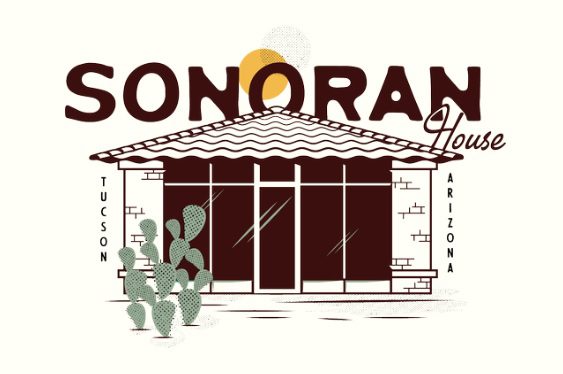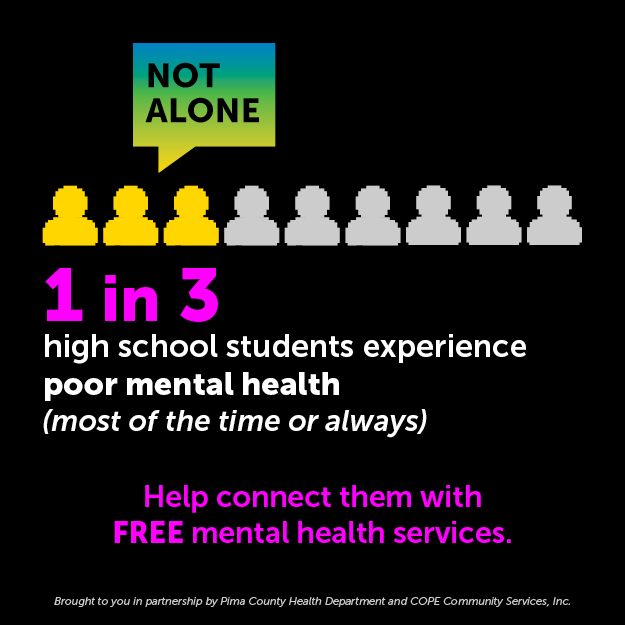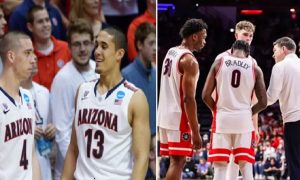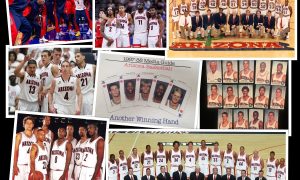And so, the Arizona Wildcats’ season ends.
No fanfare.
No postseason.
And, well, no victory.
A season of the novel Covid-19 couldn’t get Arizona to 19 victories overall. Oregon made sure of it on Monday night when it defeated the visiting Wildcats, 80-69, in Eugene.
“It sucks to end the way we did but we gotta go home and reflect on the year and talk about what’s (happening) moving forward,” said UA’s James Akinjo, who said his team showed a lot of toughness, focus and heart this season.
“Not a lot of people expected us to (be tough) (given) there was no postseason,” Akinjo said. “But we kept fighting and kept playing like we did have something to play for.”
In reality, it didn’t have much to play for once UA self-imposed a postseason ban in December.
So, in a season that started in late November, Arizona’s ends … just as teams sound the alarms for March and its impending madness.
Still, as Akinjo put it – it was “a really long season, real difficult.”
No crowds. Early morning COVID-19 tests. Not being with friends.
“It was tough, but I’d do it all over again,” he said.
He declined to talk about his future, saying the season was just over. There was some mention he’d perhaps test the NBA waters, but again, he said it was too early to think about.
It was a season of uncertainty It started at the beginning of the season when no one had a sense to how good Arizona would be given the almost-complete roster changes in a season cut short by the pandemic. Just recently, UA coach Sean Miller said it was a tough season given the circumstances, but he was proud of his players for being resilient.
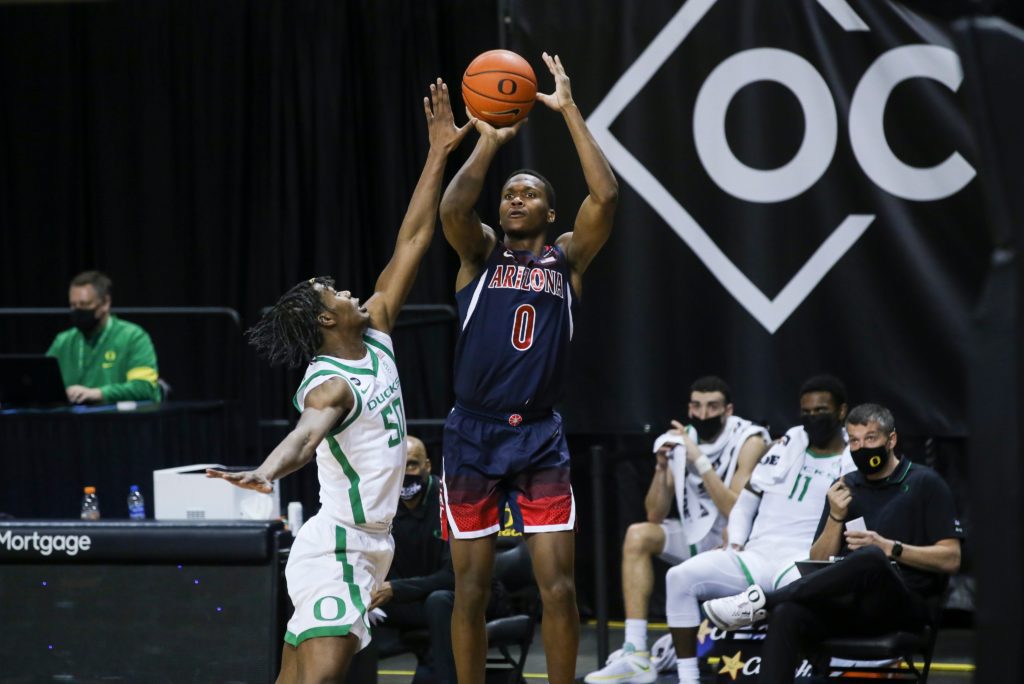
How was it on him? After talking about his coaching staff doing well through it, Miller said, “I just got my head down and just tried to do the best I (could) leading and looking forward to an opportunity to get us back on the top of the mountain. We were there (in the past) and when you’ve been there you sometimes have a real hunger to get back there. Hopefully, that day will come.”
Translation: Soon – maybe, maybe not – we will find out whether his contract will be renewed or not. He talked about looking forward to speaking with UA president Bobby Robbins and UA Athletic director Dave Heeke about his future.
“When that happens, I’ll certainly know a lot more,” Miller said.
On Monday night, after UA’s seventh consecutive loss to the Oregon Ducks, the postgame talk wasn’t so much about the game, one where Oregon all but dominated, but instead about UA’s future and its uncertain future of its head coach. He talked about “climbing the mountain” a couple of times, more specifically next year if everyone comes back. This time with a more seasoning.
“I believe we can return back to the top of the mountain,” he said. “It doesn’t happen overnight.”
He mentioned how it was before he arrived here “a long, long time ago” when UA went 17-19 in the previous two years in the Pac-12. He talked about going 24-12 the following two years, rebuilding the program. Sure, he said this year’s 11-9 finish “isn’t what anyone signed up for, but I do think it’s a great bridge for a lot of things that have happened.”
Again, Miller sees a promising future after what was a different season given the circumstances of the pandemic and no postseason. And don’t forget there were 10 new players with three returners. Midway through it lost veteran Jemarl Baker to a broken hand.
In the post-game locker room, Miller waxed poetic to his team:
“I’ve never been prouder of a group of guys than this year’s team,” Miller said of what he told it. “… it was a group of guys who gave us everything. (Finishing) 11-9 in the Pac-12 and 17-9 you always want to do better. But I have the peace of mind that we battled hard in all 26 games.”
It could have been a lot worse, he said, given there was little experience coming in.
He said his “heart goes out to the team” in as much as no one the team had anything to do with what had it not playing in this year’s postseason, but “we have done a great job of getting all the way to the end. Now, it’s where we go from this point forward.”


